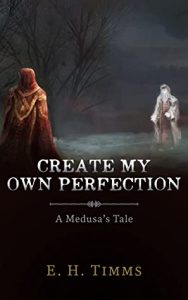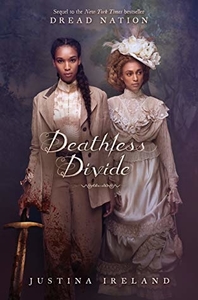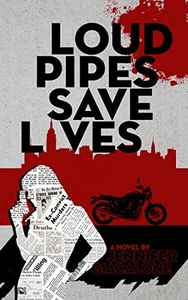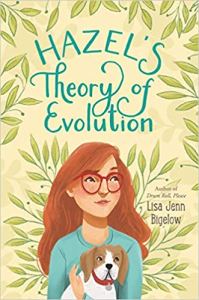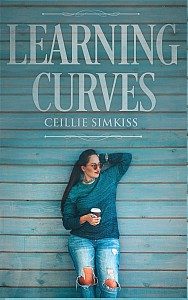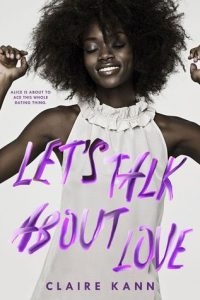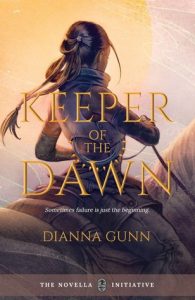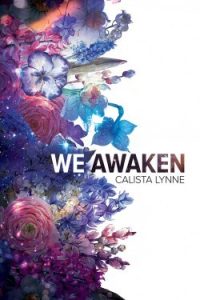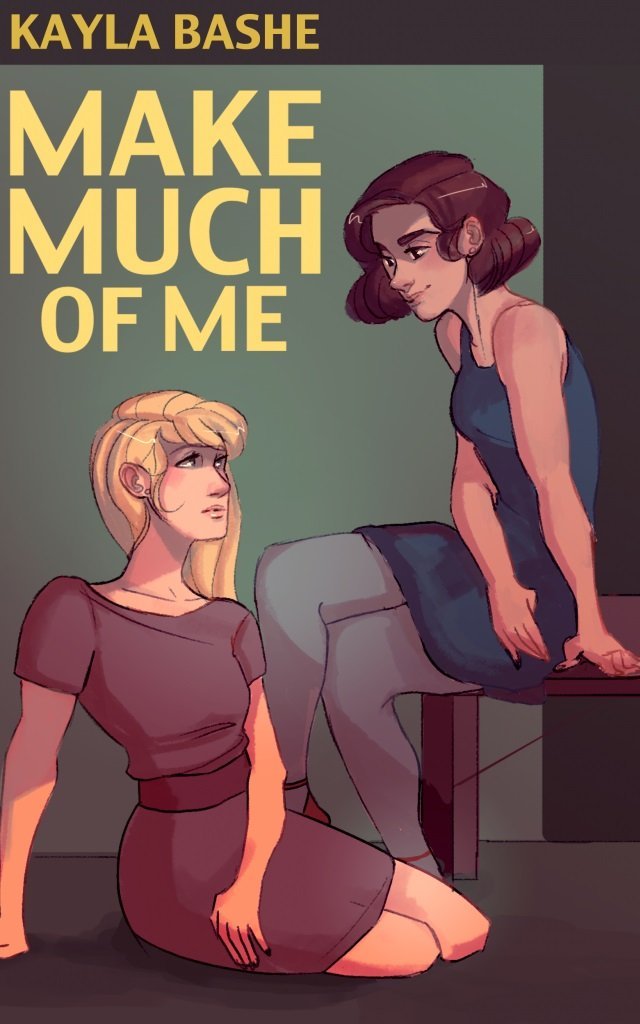“Create My Own Perfection” is a short story by E. H. Timms that comes out at the beginning of next month. It’s a retelling of the Medusa myth that centers the wronged, titular woman and incorporates elements from other mythologies. I really enjoyed it, and I think anyone who is interested in a unique, refreshing look on the myth would too.
This is a short story and because it’s so short, I won’t go too much into detail about the plot. Here are the bare bones: our protagonist is a college student and medusa who helps her selkie friend through a tough situation. “Create My Own Perfection” is a very quick read, and I encourage you to go in without any preconceived expectations.
I absolutely love seeing asexual and aromantic representation in fiction, especially in science fiction and fantasy protagonists. Asexuality is really at the center of this narrative. For those of you who are unfamiliar with asexuality, this might be a good story to understand what the experience is like for people that are asexual and aromantic. The author turns asexuality and aromanticism into a beautiful fantasy. Reading that was quite refreshing, especially given how much hatred, exclusion, and invalidation ace and aro people face in the world.
On the other side of that same coin, this story also centered the beauty and importance of friendship. I loved this aspect of it. Why aren’t there more stories in fantasy and science fiction where friendship is treated as just as important as romance? Or every genre, for that matter? That’s another thing that makes this story unique and different. This story’s protagonist is one that would do anything for their friend and it is lovely.
Gods and goddesses reimagined as modern folk is not new, but this story also did that in a fun way. I especially liked the fashion descriptions of the different deities, that really gave me a sense of imagery and brought me into the story. Overall, the description in general is quite vivid. It made the very fast read worth the time for me and helped to reinforce the emotional aspects of the piece.
A queer retelling of Greek mythology with elements of other folklore was exactly what I needed to refresh my reading. Readers should know that the story includes aphobia/amisia, and harassment. “Create My Own Perfection” is available for preorder now.

